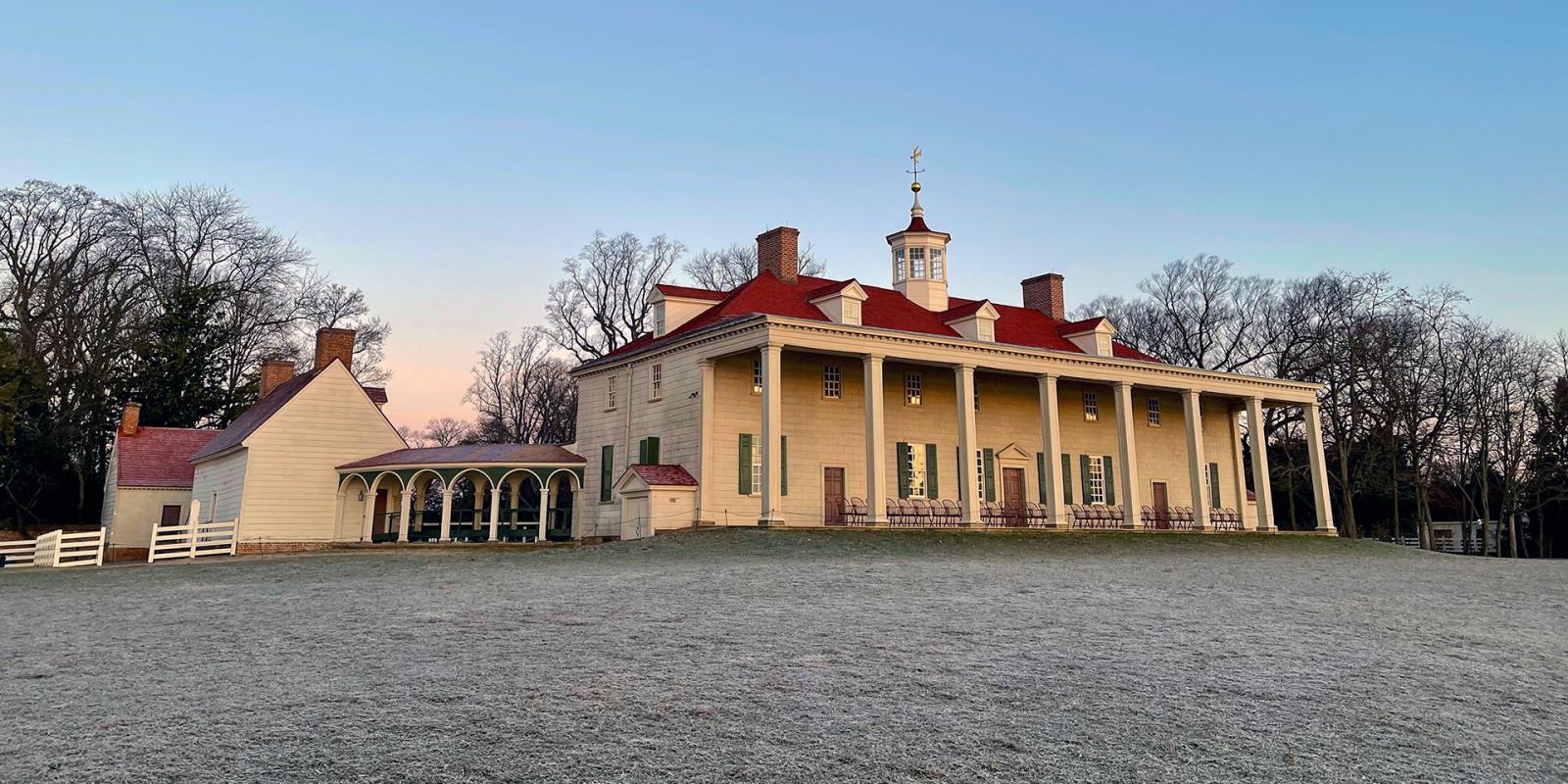As the British marched on Washington during the War of 1812, government clerks scrambled to hide the nation's precious documents. According to legend, the Constitution, Declaration of Independence and Bill of Rights ended up in the cellar of Rokeby, a mansion outside of Leesburg, Virginia where they were guarded by a local minister. But is the legend true?
